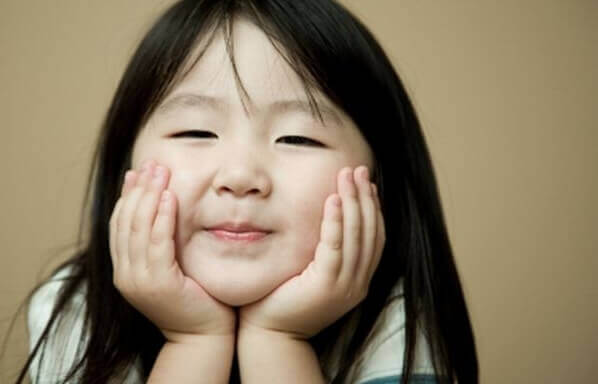The Japanese personality is admired in different parts of the world, we have seen how they have faced enormous tragedies with great stoicism, they do not lose control and retain their collective sense under any circumstance, they are also distinguished by their immensity of respect for others and their great capacity to job.
It’s not just Japanese adults that way. Japanese children are very different from the ones we usually see in the West. From an early age, his soft gestures and affability are remarkable. Japanese children are not among those who laugh at themselves and lose control of anything.
- “Trying to control one’s reactions without success is the scenario that leads to the slavery of fear.
- “- Giorgio Nardone-.
How have the Japanese managed to have a society where the values of self-control, respect and moderation prevail?Are they so rigid that they’ve managed to create a disciplined society?Or maybe your creative strategies involve effective standards?Let’s look at the theme in more detail.
One thing that makes the Japanese very special is the relationship that exists between the different generations, more than anywhere else in the world the link between the elderly and the youngest is empathetic and affectionate, for them an older person is a wise person, who deserves the greatest consideration.
On the other hand, the elderly see children and young people in formation, so they are so tolerant and care about them, they assume a guiding role, not as judges or inquisitors in their lives, so the bonds between young people and the elderly are often very harmonious.
In addition, the Japanese attach great importance to the extended family, but at the same time they have very well-defined limits, for example, it is inconceivable that grandparents will hold a child accountable because parents don’t have time. they are not based on an exchange of favors, but on a broad vision where everyone has a place.
Most Japanese families see creation as an emotional practice, loud cries or recriminations are poorly seen, what parents expect of their children is that they learn to relate to the world, respecting the sensitivities of others.
Usually, when a child does something wrong, his parents reproach him for a look or gesture of discontent, so they make you understand that your attitude is not acceptable. It’s common to use phrases like “Did you hurt him??”? Have you been hurt?to point out that their behavior is negative because it causes harm, not “because it does. “
This type of formula applies even to objects. If, for example, a child breaks a toy, his parents are more likely to say, “Did you hurt them?”Didn’t they say, did you break it? The Japanese insist on the value it entails, not how things work, so children learn early to be sensitive to everything, which makes them more respectful.
All of the above is very important, but none is as important as the fact that the Japanese have the attitude of giving quality time to their children, they do not understand creation as something distant, but rather, creating close relationships with their children is very important. important to them.
It is rare for a mother to take her child to school before the age of three, it is common to see mothers carrying their young everywhere, this physical contact, also very common in ancestral communities, creates deeper bonds, this proximity to the skin also moves. It is very important that the Japanese mother speaks to her young.
The same goes for parents and grandparents. It’s common for families to come together to talk. Eating with family and telling stories is one of the most common activities. Family stories are counted all the time. This creates a sense of identity and belonging among the little ones. There is also a deep appreciation for the word and the company.
That’s why it’s hard for Japanese children to make fun of them, they’re surrounded by an environment that’s not scary, they don’t feel emotionally abandoned. They realize that the world has an order and that everyone has a place, that gives them serenity, sensitizes them and helps them understand that explosions of humor are not necessary.

